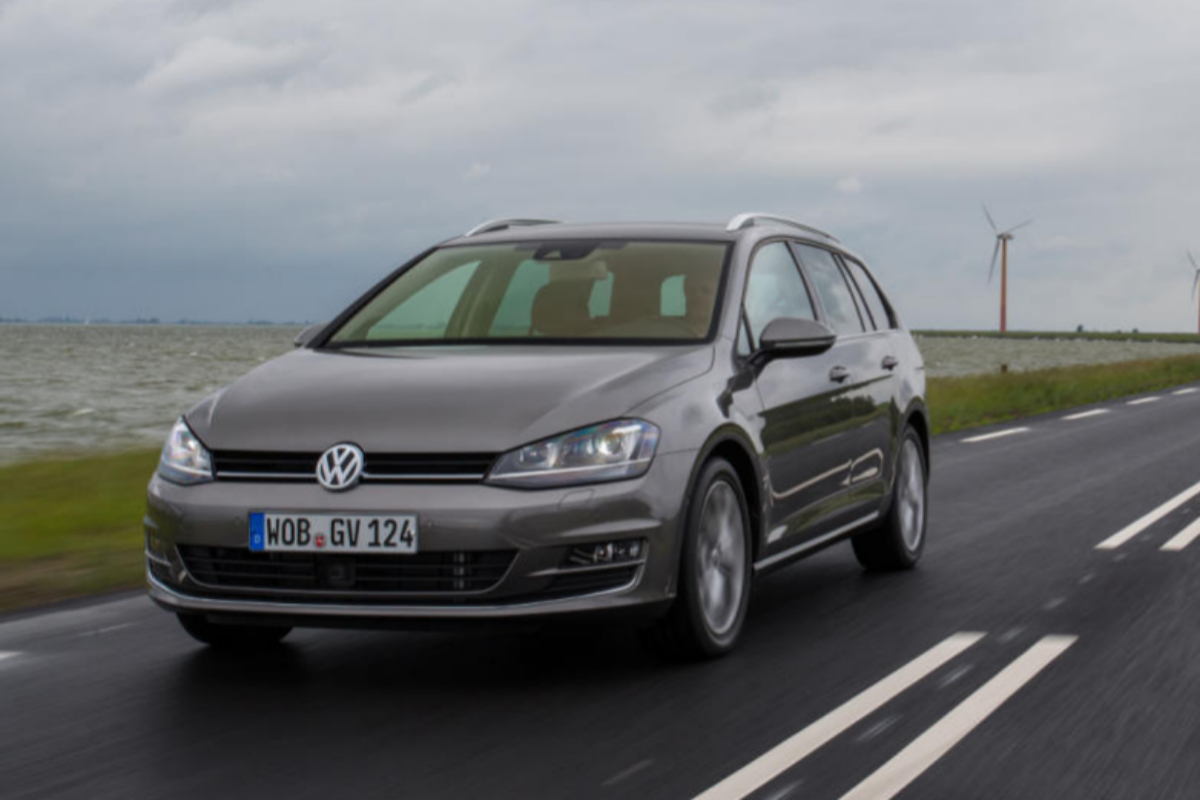Vehicle rental gains strength as a vehicle acquisition formula in Spain. Last year the vehicle registrations registered under this type of contract reached 302,900 units, which represented a growth of 13.1% compared to the 267,732 vehicles of 2018, according to the data of the Spanish Association of RENTING (AER).
The General Directorate of Traffic accounted for 1,497,428 million newly registered vehicles in Spain, which is 4% lower than the 2018 figure . It includes all types of vehicles including passenger cars, SUVs, derivatives, vans and pick-ups, commercial and industrial vehicles. With these figures, revenue was chosen by more than two out of 10 customers as a formula to renew their vehicle, since it accounted for 20.23% of the market. This represents a rebound compared to 2018 when the sector weighed 17.1% of total sales in Spanish territory.
Good december
In December, vehicle rental accounted for 27,921 units, 30.18% more than in the same month of 2018, when 21,448 units were registered.
The increase in the number of registered vehicles translates into an increase in total investment to acquire them from rental companies up to 5,946.27 million euros, 20.35% more than in 2018 , when an investment of 4,940 was recorded , 73 million.
The reason that many of the customers opt for this formula, chosen more in Madrid, Barcelona and in the big cities by the big companies (especially in the case of passenger cars) «is mainly due to the great change they are experiencing consumption habits, which are increasingly opting for use instead of buying, due to technological uncertainty ”, explains Agustín Martín, president of the AER.
That is, when asked what car I bought, the rental option eliminates a possible increase in vehicle access restrictions to the city center for those who do not have the ECO or Zero emissions label.
Diesel loses bellows
In this sense, in the income with the majority of contracts at 36 and 48 months and by including commercial and industrial vehicles, diesel continues to be the majority fuel reaching 161,439 units, accounting for 53.3% of the sector. However, the weight of diesel has fallen since 172,195 sales in 2018, as well as its weight over the total that year reached 64.3%. This loss has been distributed in the rest of propulsion systems. Gasoline is the one that benefits most in volume from a market weight of 28.2% to 34.7% and in units it earns almost 30,000 contracts up to 105,166 units.
Other of the most benefited have been vehicles classified as ECO , including conventional hybrids (diesel or petrol) and gas (liquefied petroleum or natural). They went from 14,898 units to 29,581, up 98.5%. Highlights the growth of conventional diesel hybrids that have gone from 427 contracts in 2018 to 4,223 last year.
In 2019, 6,714 zero-emission vehicles (pure electric, extended autonomy, gasoline plug-in hybrid and diesel plug-in hybrid), registered 2.22% of the total. The registration of renting electric vehicles has increased with respect to the 2018 data, 47.33%.
Brands
The ranking by number of contracts was Volkswagen, Peugeot, Renault Seat, BMW, Toyota, Audi, Citroën, Ford and Nissan.
Models
.
Repeat the same podium as in 2019 with Nissan Qashqai , followed by the Renault Kangoo and the Seat Leon . Behind them, Volkswagen Golf, Citroën Berlingo, Renault Clio, Toyota C-HR, Seat Arona, Peugeot 3008 and Volkswagen Polo.
According to the criteria of The Trust Project
Know more- Motor
- Rental
- Diesel
Engine Diesel cars win with the new emissions standard
Preparation Klassen Rolls-Royce Phantom: bulletproof luxury
MotorPedro Duque attends COP25 in the first Toyota Mirai of hydrogen registered

